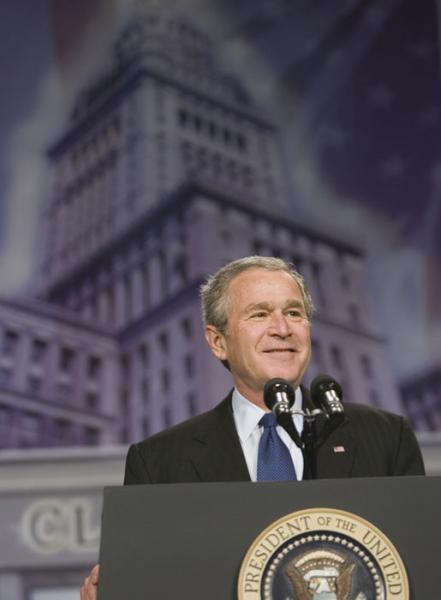Let me get the controversial, hot-button words out of the way, Trump administration, Roundup, Monsanto. For just a moment, irrespective of which side of the aisle you wish to embrace, put the emotions aside, and consider the following facts.
- California basing their decision of the IARC data has labeled glyphosate a carcinogen and requires one of their delightful warning labels, like the one depicted below.
- The EPA has consistently determined in its mandated 15-year reviews that glyphosate is not a carcinogen. That is three reviews across multiple administrations. The last toxicology review was substantially completed while President Obama was in office.
 In February 2018, California was ordered to stop labeling glyphosate as a carcinogen and as of this date has not appealed that ruling.
In February 2018, California was ordered to stop labeling glyphosate as a carcinogen and as of this date has not appealed that ruling.- The EPA has now gone ahead and is requiring that all such labels be removed from glyphosate.
“It is irresponsible to require labels on products that are inaccurate when EPA knows the product does not pose a cancer risk. We will not allow California’s flawed program to dictate federal policy.”
EPA Administrator Andrew Wheeler
Irrespective of what you may believe, and you already know the position of the ACSH on glyphosate, the legal battle over states’ rights versus federalism is playing out here. Is it acceptable for California, with roughly 3% of glyphosate use (Illinois, Iowa, Nebraska, and Kansas all have 3-4 times more usage [1]) and 12% of the population to regulate its use nationally? Framing this as a states’ rights issue comes with its emotional baggage, so perhaps we can consider this a demonstration of behavior we see more and more frequently, the tyranny of the minority.
The tyranny of the minority refers to the power wielded by a highly motivated, unbending minority that projects outsized influence. It is an increasingly common description of our public affairs, fueled in part by the ease in using and the scope of the megaphone and soapbox we call the Internet. It is beholding to no one political or cultural philosophy. For example, consider the encircled letter K on cans of Coca-Cola and many other foods – it designates that the product has been prepared following Jewish dietary law. Similar forces are at play when you see the plethora of food carts in New York City touting Halal food – made following the dietary requirements of the Koran. That’s a lot of clout for small segments of our population.
For the non-observant, a product being Kosher, or Halal makes no difference, so it is often easier for companies to make a global change rather than spin off a separate product with the additional costs of marketing, inventory, and distribution. In both instances, a small set of customers who will not violate their beliefs to purchase a product caused a business to modify their products.
Returning to the regulatory battle over “who is in charge,” California is acting as that tyrannical minority; and they are not alone. In an increasingly interconnected global world, one region’s regulatory decisions can impact, for good or bad, those decisions in other areas. The leader in the regulation of privacy concerns remains the EU and the General Data Protection Regulations enacted in 2016. Every global tech company has acceded to those requirements, even though on a worldwide basis, the EU is neither a majority market or population. Or we can cite the Japanese government which allows the marketing of stem cells therapies for “regenerative medicine” before the completion of Phase II studies, which determine both safety and efficacy of dosages and proceed actual testing for efficacy in target populations. Do you think that competition with Japan for stem cell “hegemony” will ultimately influence American regulators? We can also point to the discovery of carcinogens in valsartan, which I have written about previously, where lax inspections standards in India impacted patients in the US. And finally, we should consider China, where the Financial Times is reporting, “Faster approvals in China, where drug sales were worth $137bn last year, … come as drugmakers look for new sources of growth due to increasing political pressure to lower prices in the US.”
Policy is increasingly difficult to formulate, in addition to a choice of scientific studies we now can include a variety of regulatory precedents. As commerce is increasingly globalized there is a mismatch in regulatory response, does the fight between California and the EPA reflect a minority view held sway in a balkanized world, or are they a thought leader? Do we accord states, cities, and other countries equal footing in determining the guardrails of our behavior?
[1] US 2016 Geologic Service Report on Pesticide use.
Disney Prop 65 Image Courtesy of Patrick Pelletier




